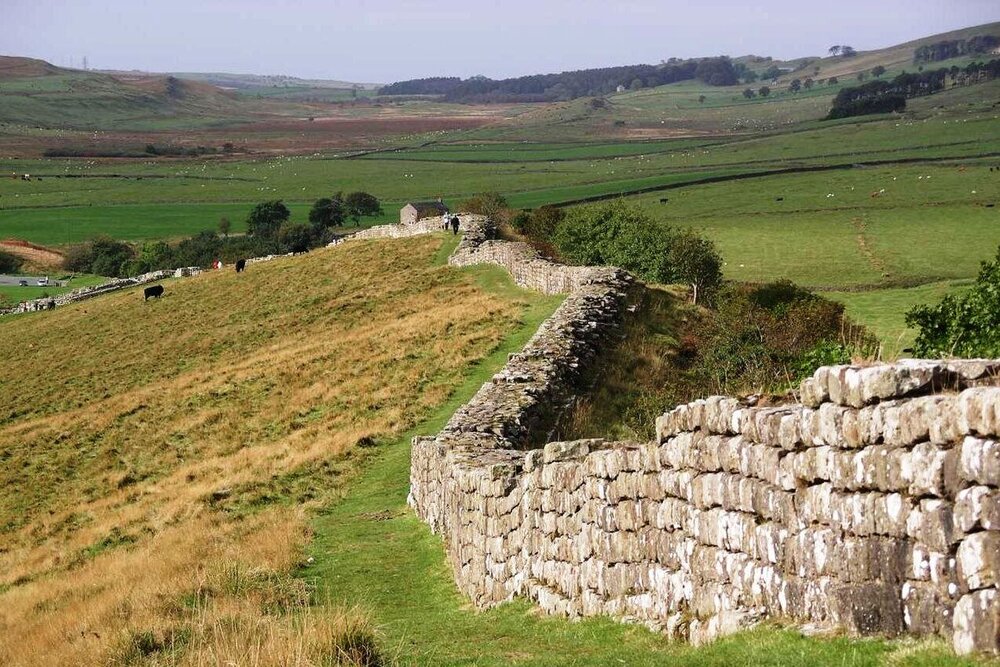TEHRAN – Stretched for almost 200 kilometers along northern Iran, the ancient Great Wall of Gorgan was constructed from 420s CE to 530s as a northern frontier of the then mighty Persian Empire, which was then ruled under Sassanids.
The wall was involved in a series of wars first against the Hephthalites or White Huns and later against the Turks.
Most parts of the gigantic monument are still hidden underneath the surface though some segments have so far been unearthed and even restored to former glory.
Iran’s Ministry of Cultural Heritage, Tourism and Handicrafts along with cultural heritage experts are making efforts to put the landmark monument on UNESCO World Heritage list in the years to come.
The wall is lined by 38 forts. It is the longest fort-lined ancient barrier between Central Europe and China, longer than Hadrian’s Wall and the Antonine Wall put together, according to UNESCO.
The gigantic barrier is also more than three times the length of the longest late Roman defensive wall built from scratch, the Anastasian Wall west of Constantinople. The combined area of the forts on the Gorgan Wall exceeds that of those on Hadrian’s Wall about threefold.
UNESCO adds that the Gorgan Wall is remarkable not only in terms of its physical scale, but even more so in terms of its technical sophistication. In order to enable construction works, canals had to be dug along the course of the defensive barrier, to provide the water needed for brick production. These canals received their water from supplier canals, which bridged the Gorgan River via qanats. One of these, the Sadd-e Garkaz, survives to 700 m length and 20 m height, but was originally almost one kilometer long.
The Gorgan Wall and its associated ancient military monuments provide a unique testimony to the engineering skills and military organization of the Sassanian Empire. They help to explain its geographic extent, from Mesopotamia to the west of the Indian Subcontinent, and how effective border defense contributed to the Empire’s prosperity in the interior and to its longevity. These monuments are, in terms of their scale, historical importance and sophistication, of global significance.


No comments:
Post a Comment